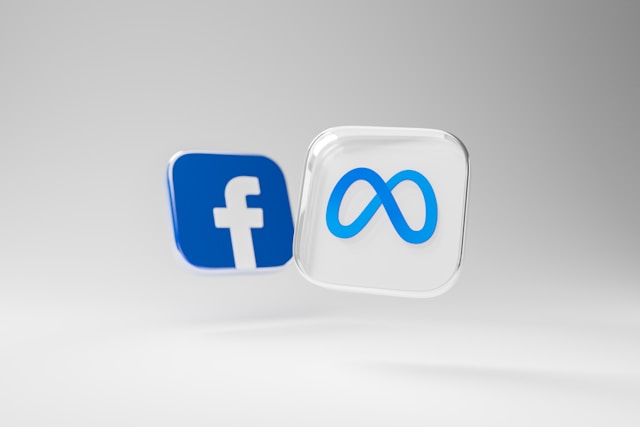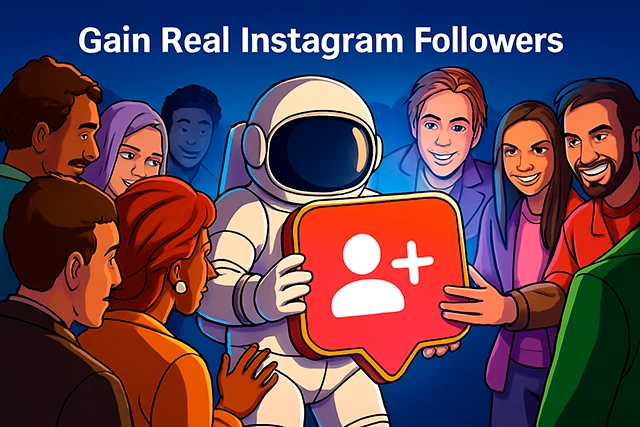Exploring Meta: Facebook’s New Digital Universe

Welcome, dear readers! In this world of relentless technological evolution, standing still is almost tantamount to moving backwards. And leading this relentless march forward is one word that has consumed the tech world recently – ‘Meta’. While you might’ve heard murmurs about Facebook’s new undertaking, Meta, and something called the ‘metaverse’, we understand that it can be challenging to keep pace with the constant flux in technology. That’s why we’re here to break it down for you. In this article, we will explore Meta, Facebook‘s ambitious new crack at the future of social media, and delve into its potential impact on technology and social trends. So, buckle up and get ready to step into the future!
“The future of social media is here, and its name is Meta.”
This avant-garde venture represents a profound shift towards a more immersive digital experience, one that promises to redefine our understanding of social interactions and digital ecosystems. Beyond merely understanding Meta and its potential, we’ll also be examining the exciting tech trends that this new venture is likely to ignite. Ready to ride the wave? Let’s get started.
What is Meta and the metaverse?
Meta, formerly known as Facebook, is pivoting in a new direction that expands far beyond its original social network offering. It’s now focusing on a revolutionary concept, the metaverse. As coined by Mark Zuckerberg, the metaverse can be defined as a wide array of online spaces that you can inhabit, rather than mere static webpages to be browsed. These spaces will encapsulate different experiences, including games, workplaces, and other social spaces.
Imagine the metaverse as a universe of interconnected 3D virtual worlds where users can have avatar-based experiences that span digital and physical realities. It’s not limited to Virtual Reality (VR) environments alone. It leverages high-end technologies like Augmented Reality (AR), Virtual Reality (VR), and Artificial Intelligence (AI). This makes interacting with the digital world akin to being there physically—a notion Meta, under Mark Zuckerberg, is passionately pushing for.
Meta’s vision entails a metaverse that’s open and accessible, a place where users can ‘teleport’ instantly between different experiences. Its expected audience would participate through multiple devices and connectivity options, ranging from VR headsets and AR glasses to untethered smartphone experiences. It’s a departure from the 2D interactive experiences we’re accustomed to on the web today, leaning towards a more intricate blend of the real and virtual.
It’s crucial to recognize the metaverse is a complex and slippery term. It is continually evolving as technology advancements make new forms of digital social space possible. As ambitious as it may sound, Meta is committed to this vision as its new avatar. All its products and innovations henceforth are primarily focused on making this vision a reality—a testament to which is the company’s recent name change from Facebook to Meta.
How will Facebook’s Meta impact social media
You might be wondering about how this pursuit of the metaverse by Meta—previously known as Facebook—would transform the landscape of social media. At its core, Meta aims to revolutionize our online interactions by creating an immersive, three-dimensional virtual experience.
As stated by Nick Clegg, Meta’s President of Global Affairs, perceived the metaverse as the successor of the now-dominant 2D internet. It’s a vision of an interconnected universe where people will interact more naturally and intuitively, not just through text boxes, but through a level of interaction that replicates the feeling of being physically present.
And how’s that going to happen?
That could mean anything from engaging in a more lively and interactive social networking experience, mingling with friends while strolling around virtual environments, to conducting business meetings in ingenious 3D conference rooms. The opportunities appear to be endless!
But it’s not all fairyland visions and utopian ideals. Meta has been diligently making advancements in AI technologies to enhance digital and physical spaces, as revealed by Mark Zuckerberg at the Meta Connect 2023 keynote. These enhancements are expected to herald the next generation of the internet and form the backbone of the promised metaverse.
Already, tests and red-teaming have been carried out to ensure these AI bots don’t generate complications. The ultimate goal? To create a seamless integration of our digital and physical lives for a more interconnected world. And since social media has been integral in shaping our digital existence, these steps by Meta could potentially redefine how billions of users worldwide engage and communicate online.
Meta’s move may set a new course for competition as other tech giants may feel the pressure to create a similar experience for their users, leading to an arms race in the field. However, while the grand vision may sound compelling, it’s worth acknowledging that achieving it will be a massive undertaking—and it’s still an open question how well Meta will succeed in bringing it to life.
What are the tech trends associated with Facebook’s Meta?
If you’ve been following what’s happening in the tech world, you probably already know that AI advancements have taken center stage at Meta. Mark Zuckerberg, during the Meta Connect 2023 keynote event, showcased to the eager audience how AI technology will continue to push the boundaries of the digital universe.
The intriguing part here lies in the marriage of AI technology and the yet-inchoate metaverse – a concept that shares Zuckerberg’s ambitious future vision. The notion of creating a digital-physical blend for the future metaverse is a modified evolution of the way we interact in the social media world. But keep in mind, for Zuckerberg, the definition of what constitutes the metaverse can morph as Meta continues to innovate and stretch the limits of mixed reality.
One noticeable trend you could see from Meta’s approach is their focus on interaction through text boxes. It’s unclear yet how this methodology will influence the user’s experience, but one thing is for sure – Meta is clearly defining the dynamics of communication in the forthcoming metaverse.
The fact that Meta is dedicating time and resources to conduct testing and red-teaming ensures that AI bots function optimally, and aren’t going to be an issue in the Metaverse. From a technological perspective, it evinces a degree of roster enlisting AI to facilitate safe, efficient, and credible systems that enhance user experience.
Despite the glow of enthusiasm from Meta, critics have been quick to point out the changing tune. A shift in focus was noticed from the metaverse concept in November, to a significant emphasis on AI in March. Indeed, the future of the metaverse as promised by Zuckerberg might not be any closer to existence, but that doesn’t undermine how much AI’s role has grown in crafting this still-embryonic digital wonderland.
To wrap up, the tech trends associated with Facebook’s Meta pivot around AI technology, text box interaction, and meticulous testing to optimize AI bots in the Metaverse. These trends without a doubt are setting a high bar for innovation within the realms of social media and tech industries.
Read more: How to Easily Create a New Facebook Account







